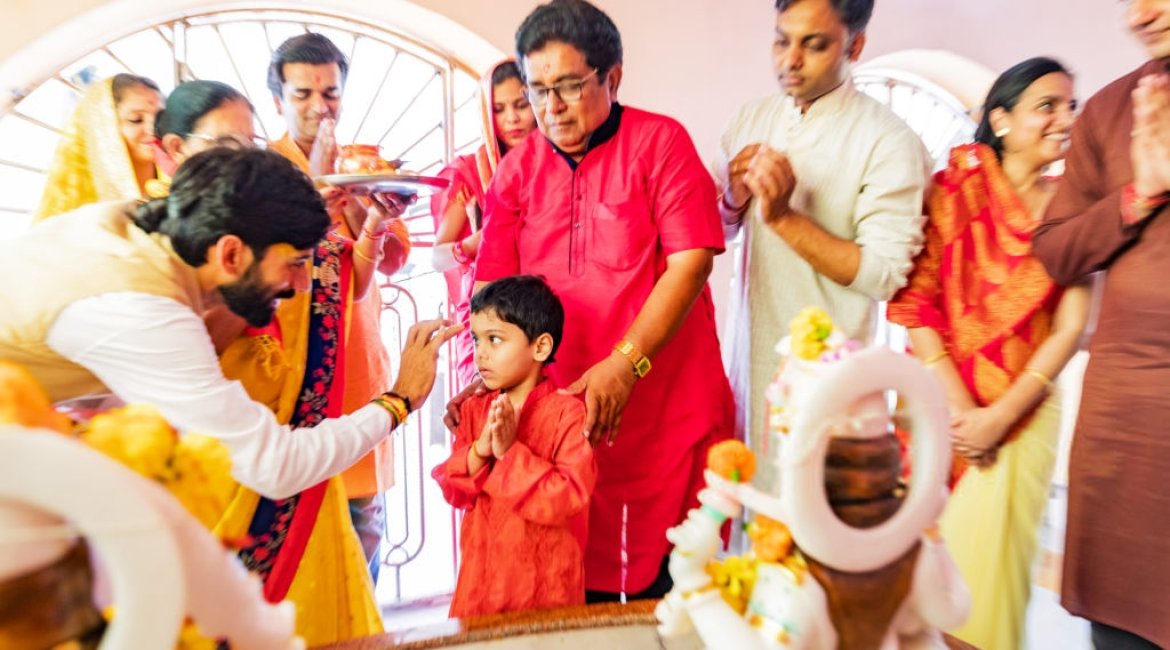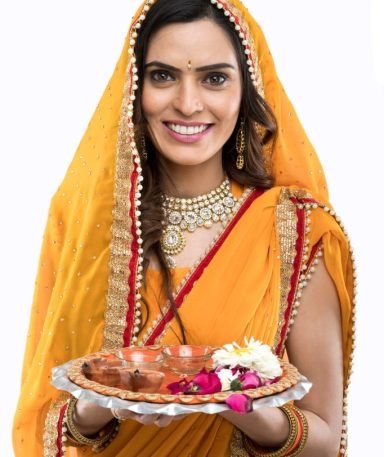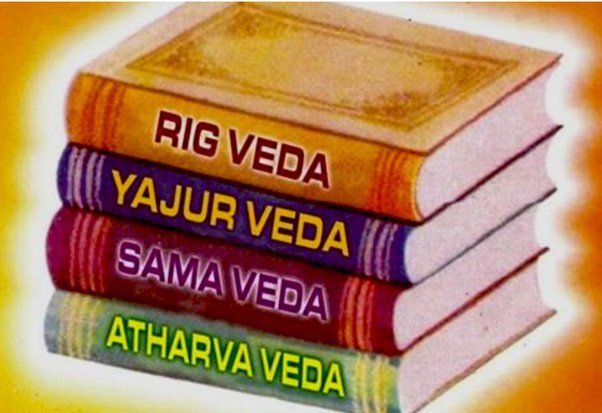The 16 Hindu sanskars are a series of traditional ceremonies and rituals that mark significant milestones in an individual’s life. They are an integral part of Hinduism and serve as a means of instilling moral values, reinforcing social customs, and guiding individuals towards spiritual enlightenment.

- Jatakarma – This ceremony is performed immediately after birth and marks the welcome of the new-born into the world.
- Namakarana – The naming ceremony, where the child is given a proper identity.
- Nishkramana – The first outing ceremony, where the baby is taken out of the house for the first time.
- Annaprashana – The first feeding ceremony, where solid food is introduced to the baby.
- Chudakarana – The first hair-cutting ceremony, which marks the child’s entry into childhood.
- Karnavedha – The ear-piercing ceremony, which symbolizes the child’s ability to listen and learn.
- Upanayana – The sacred thread ceremony, which marks the transition from childhood to adulthood and the beginning of formal education.
- Samavartana – The graduation ceremony, which marks the end of formal education and the start of life as an adult.
- Vivaha – The wedding ceremony, which symbolizes the union of two individuals and the formation of a new family.
- Vasant Panchami – A spring festival that marks the beginning of the Hindu calendar year.
- Aksharabhyasa – The ceremony of learning to read and write, marking the beginning of a child’s formal education.
- Thread Ceremony (Yajñopavītam) – A rite of passage for young men, symbolizing their spiritual journey.
- Vedarambha – The ceremony marking the beginning of a child’s formal education in the Vedas.
- Samdhya – A pre-wedding ceremony in which the bride and groom are formally introduced to each other’s families.
- Antyeshti – The last rites ceremony, which marks the passing of an individual from this world to the next.
- Shraddha – The annual memorial ceremony for ancestors, performed by sons and grandsons to offer respect and pay homage to their forebears.
Samskara is sacraments rituals
These sanskars play an important role in Hindu life and are a way of preserving and transmitting cultural and spiritual traditions from one generation to the next. They are celebrated with great reverence and are an integral part of Hindu culture and heritage.
ॐ तत्पुरुषाय विद्महे महादेवाय धीमहि तन्नो देवः प्रचोदयात् ।
सर्वं भूतं यदि च वेत्ति तत्किञ्च ज्ञात्वा मामेति सर्वं सुखिनः ॥
भूतगुणोपवृत्तिं च विश्वात्मकं च भूतभावनम् । प्रकृतिं शुद्धिं तेजः कृत्तिं च भूतकल्पनाम् ॥
यत्ताम्रक्त्येवाहं प्रसिद्धमीदृश्य न हि जातः । तत्र ह्येताः साक्षात्कर्माणमेव

Hindu Sanskar is an essential part of the Indian culture and has been practised for thousands of years. It is a set of traditions, customs and rituals that help shape our lives, influencing our values, beliefs and attitudes.
- Hindu Sanskar is a way to honour our culture by passing on the traditional practices and beliefs of our ancestors to the next generation. It is also a way to keep our religious and cultural values alive.
- This can be done by participating in traditional festivals, performing rituals, and even passing down stories and lessons to the younger generation.
- Performing Hindu Sanskar can bring peace and contentment to our lives, as well as promote a sense of belonging and fulfillment.
- Performing Hindu Sanskar is an important part of Indian society and is seen as a sign of respect and honour towards our ancestors.










